Avejão/Abantesma (2020)
Жанр :
Время выполнения : 0М
Директор : Isadora Almeida
Краткое содержание
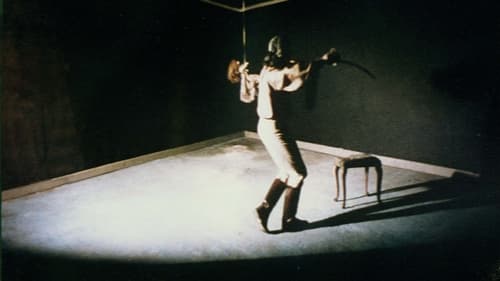
The climbing of an immense staircase made up of the most varied stairs- Symbolic scenes occur on different levels where characters seem to be prisoners of their deeds and of their own folly. The steep staircase leads little by little towards the zones of great light where human beings and nonhuman beings meet.

A very personal look at the history of cinema directed, written and edited by Jean-Luc Godard in his Swiss residence in Rolle for ten years (1988-98); a monumental collage, constructed from film fragments, texts and quotations, photos and paintings, music and sound, and diverse readings; a critical, beautiful and melancholic vision of cinematographic art.
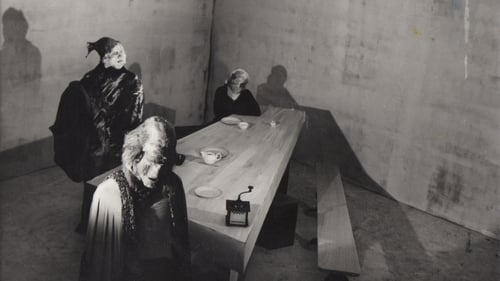
A study of human anxieties about beauty, youth and objectification.

A very personal look at the history of cinema directed, written and edited by Jean-Luc Godard in his Swiss residence in Rolle for ten years (1988-98); a monumental collage, constructed from film fragments, texts and quotations, photos and paintings, music and sound, and diverse readings; a critical, beautiful and melancholic vision of cinematographic art.

A very personal look at the history of cinema directed, written and edited by Jean-Luc Godard in his Swiss residence in Rolle for ten years (1988-98); a monumental collage, constructed from film fragments, texts and quotations, photos and paintings, music and sound, and diverse readings; a critical, beautiful and melancholic vision of cinematographic art.

A very personal look at the history of cinema directed, written and edited by Jean-Luc Godard in his Swiss residence in Rolle for ten years (1988-98); a monumental collage, constructed from film fragments, texts and quotations, photos and paintings, music and sound, and diverse readings; a critical, beautiful and melancholic vision of cinematographic art.

Three people become connected through mysterious circumstances involving electronic devices which spontaneously appeared in their world.

Relentlessly reworking ‘real’ images, using techniques borrowed from painting and animated film, Patrick Bokanowski is an author of stature, capable of creating an insane and cataclysmic universe of unquestionable beauty. – Michel Perez

Walking towards the fire. In a ceaseless stream of light, people, landscapes and objects lead us to mysterious regions. French filmmaker Patrick Bokanowski’s work is hard to classify - and all the richer for it. Together with his wife Michèle, whose musique concrète compositions form the basis of the sound design, Bokanowski offers a prolonged, dense and visually visceral experience of the kind that is rare in cinema today. Difficult to define and locate, its strangeness is quite unique.
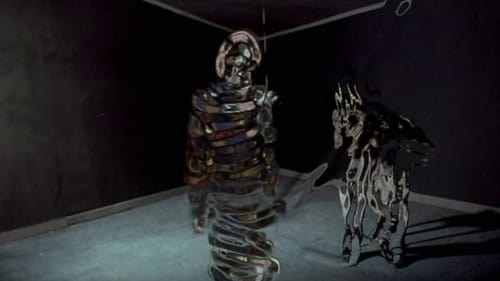
Memories split in the space.

Reworked and colored images of people playing at the seashore.

Part One in a series of experimental shorts.

Behold the struggle between light and dark, the two principles that are at the very heart of the cinematic deed. A Solar Dream takes the seventh art’s ability to generate imaginary and phantasmagorical worlds to the limit, multiplied here by Michèle Bokanowski’s enveloping music. A precious plastic and sonic gem.

A housewife is preparing a duck à l'orange in her kitchen. But the reluctant bird tries to escape from her but the woman manages to recaptures it and plucks it savagely. Once the duck is put in the oven, an alligator unexpectedly appears in the kitchen, threatening the cook.
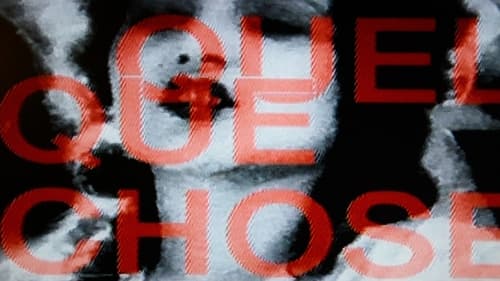
A very personal look at the history of cinema directed, written and edited by Jean-Luc Godard in his Swiss residence in Rolle for ten years (1988-98); a monumental collage, constructed from film fragments, texts and quotations, photos and paintings, music and sound, and diverse readings; a critical, beautiful and melancholic vision of cinematographic art. (Abridged version of the original collection of eight short films).
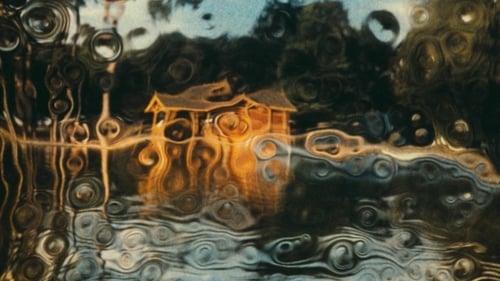
Bokanowski returns to the complex - and mind-bending - optical array of pinholes, mirrors, prisms, and refractive substrates of his earlier film, La Plage to create the whimsical and playful Au bord du lac. The film is composed of mundane, everyday scenes of recreation and leisure on an idyllic, sunny day at a park that overlooks a lake - rowing a boat, playing a game of volleyball, rollerskating, bicycling, reading a newspaper, sunbathing, riding on horseback, or strolling on the promenade - shot through optical distortions to create fractured and knotted images that resemble embellished, gothic fairytale illustrations or appear to resolve into morphing, geometric patterns of fluid motion. Evoking the vibrant colors and sun-soaked palette of an invigorated Vincent van Gogh in Arles, Bokanowski transforms the quotidian into an infinitely mesmerizing dynamic kaleidoscope of shape-shifting textures and self-reconstituting objects of organic, abstract art.

"The Role of Chance" ("La part du hasard") focuses exclusively on drawing and painting techniques used by the painter Henri Dimier. Shot over several weeks in the same artist's studio, the film shows works in their different phases, processes rarely explained or little known. It also addresses many practical issues (choice of paper, pigment grinding, reports drawings, put the tiles, cliches, etc) as well as broader questions of method and inspiration (use of space, the role of contours, power of suggestion perspectives, use of random processes). Patrick Bokanowski sought with this film to restore the spirit of this teaching, showing how to bend a note or sometimes revealing an essential mystery of creation.

Organic forms are beating and resorbing, reflections dance to the rhythm of Henk BADINGS 'music, circles of light flash like disturbing eyes, perpetual metamorphoses evoke a great living and throbbing organism.












